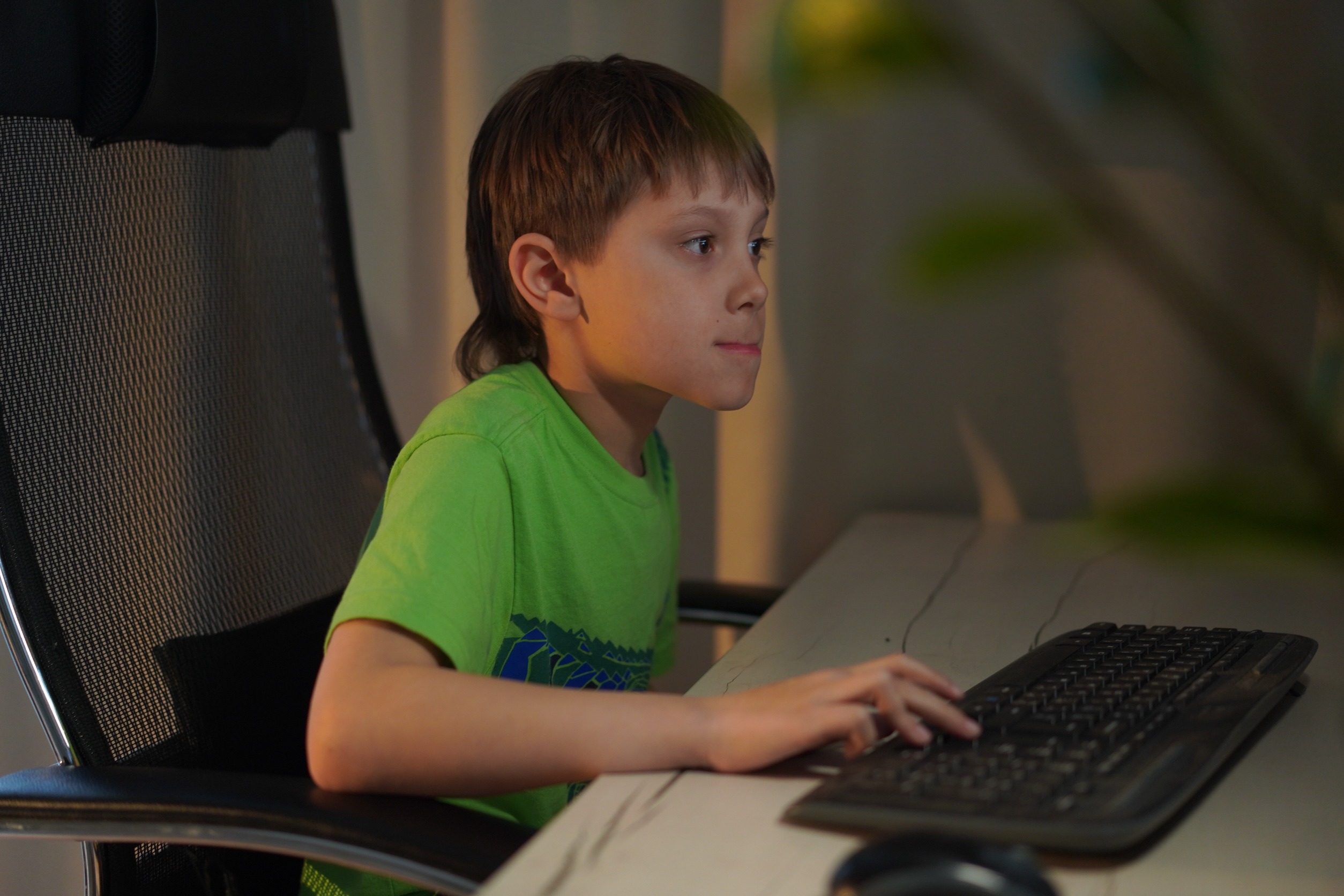“We need to replace our work ethic with a play ethic”
What’s so bad about work?
‘The Puritan tradition of the ‘work ethic,’ which grants you certain moral kudos for allowing your employer to control your identity, has cruelly limited the human capacity for play by pushing it into a corner marked ‘trivial’.’
What’s so good about play?
‘Play is when we seek full engagement with the world-meaning the conscious use of as many of our intelligences and capacities as possible.’
Won’t too much play make us lazy and bored?
‘Look at all the digital players-I call them ‘soulitarians’-with all their gaming, music-making, hacking and open-sourcing, file-sharing and on-line activism, blogging and texting. Is there anything ‘‘lazy’ or ‘bored’ in the way these young adults throw themselves into all this? Reframe play as engagement, not diversion, and we have a new model for meaningful lives in post-modern societies.’
Do you see social benefits to a more playful society?
‘I think that a society of players will transform how we create products and services, how we occupy and shape our public spaces, how we care and respond to others.’
Are we headed in the wrong direction right now, with France and other countries backing away from the shorter work week?
‘It’s always important to support campaigns for a living wage and a reduction of working hours. This literally gives you the time and resources to think and reflect-that is, play in the sense of mental freedom. But the French 35-hour week was always much more about massaging the unemployment figures than expanding the sphere of genuine freedom in French citizens’ lives. Yes, the French had more time to engage in their pastimes and play with their kids (indeed, to make kids-it heralded a baby boom!). But this is just play as rejuvenating the self in order to return to work rather than play as creating a world-a new kind of active, creative citizenship, which could give people experiences that they could take back to their moribund organizations to revitalize and transform them.’











